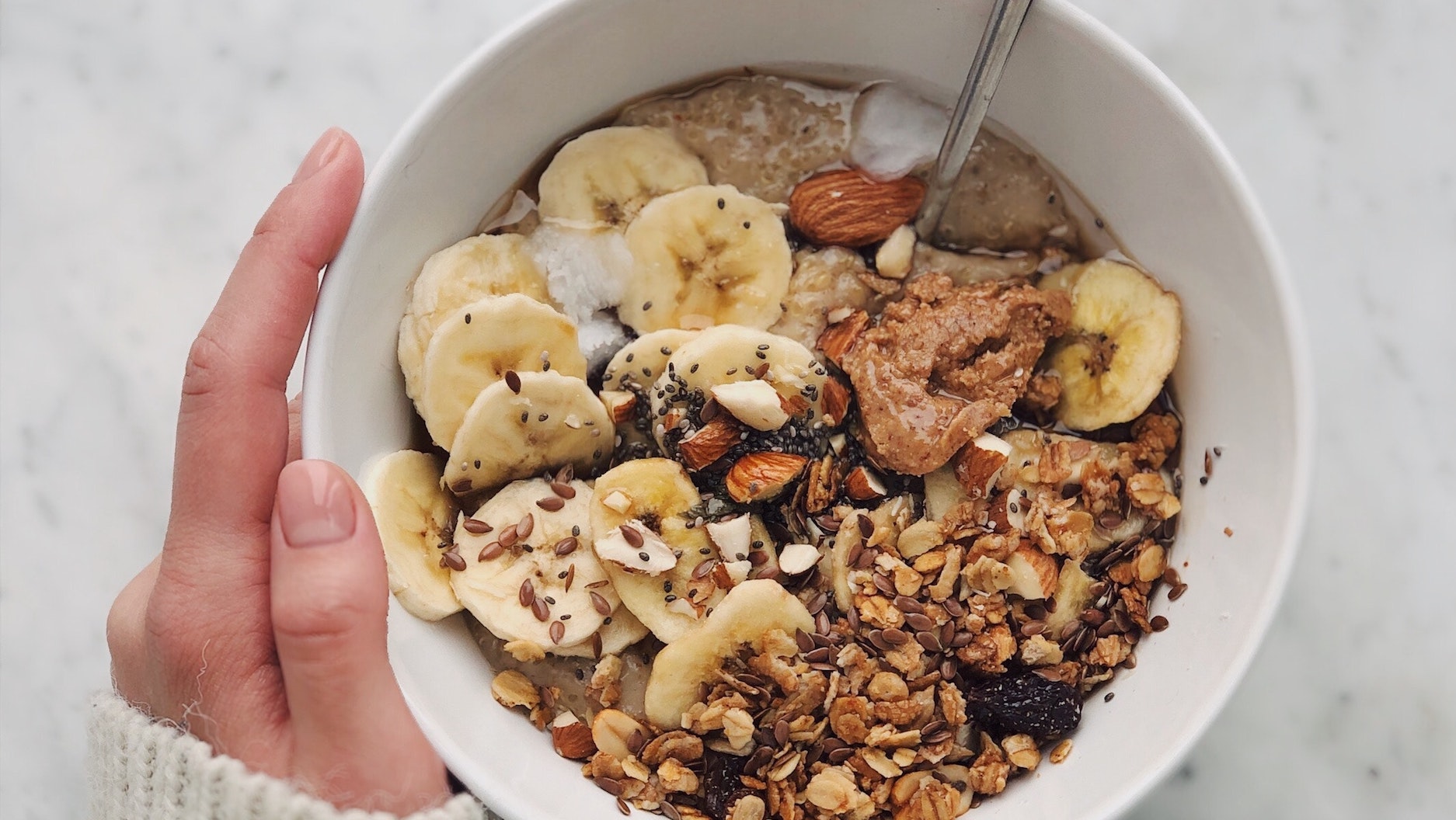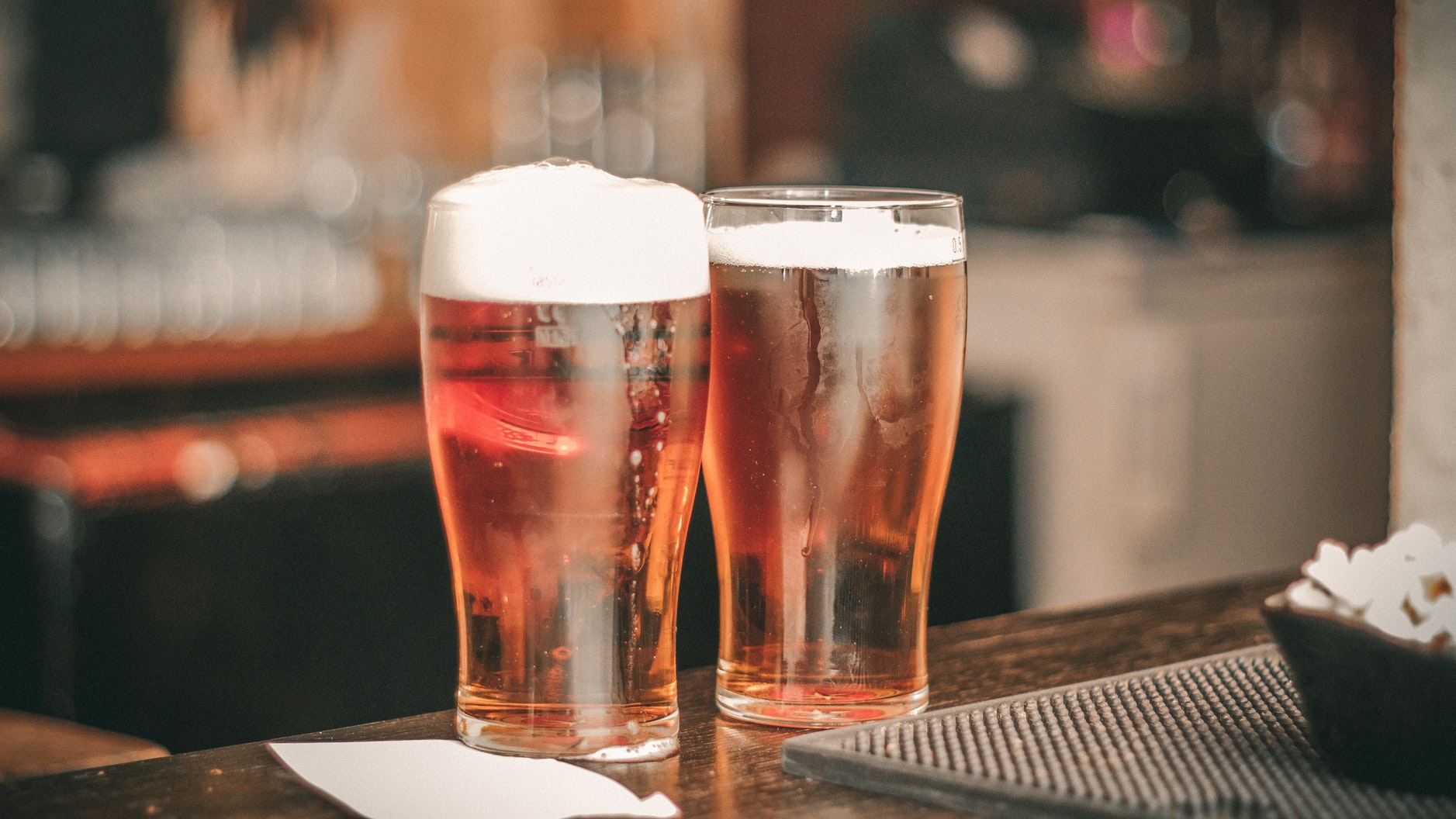Eating enough to lose weight might sound counterintuitive at first; but it’s actually the logical approach to weight loss. Why? Because weight loss is basically the burning of excess calories, and your body still needs calorie input in order to continue the burning process.

The Calorie Deficit Solution
Here’s why most people experience weight-loss failure with a low-calorie diet: because their body eventually stops being in a state of calorie deficit.
Your body only burns the calories it needs to sustain your daily activities. For example, walking from your front door to the mailbox burns “x” amount of calories; doing the laundry requires a different number; so does walking up and down the stairs; and so on and so forth. The calories that do not get burned are stored as fats, for later use in case there is a calorie deficit.
A calorie deficit occurs when your body uses up more calories than you consume. This can happen in one of two ways: by going on a low-calorie diet; or by increasing your daily physical activities. With the former, there is less calorie input so the body starts to tap into your fat stores for fuel in order to continue sustaining your daily activities. With the latter, more than the usual number of calories are burned and the body also taps into your fat stores for fuel in order to keep up with the increase in your physical activities.
When you go on a low-calorie diet without making any changes to your daily levels of physical activities, the initial burning of your excess fats for fuel brought about by the calorie deficit will eventually come to a halt, and your weight loss progress will plateau. This is because your body recognizes the pattern of low-calorie input, and adapts by conserving energy avoid being on a sustained calorie deficit. The body interprets the continued calorie deficit from low calorie input as a sign of starvation and, thus, goes on starvation mode whereby it resorts to using lean muscle tissue for fuel so as to maintain its fat stores.
When you trigger a calorie deficit by increasing your physical activity without making changes to your calorie consumption, the same things happens. Your body will recognize that it’s burning more calories than is available; eventually start conserving energy and slow down your metabolism; and start using muscle tissue for fuel to keep your fat reserves untouched.
In both cases, your weight loss plateau will take a turn upward and you will start gaining weight again after a while, with the continued slow-down of your metabolism.
The key to continued weight-loss, therefore, is maintaining your body’s state of calorie deficit, which means eating just enough calories to lose weight.
Maintaining a Calorie Deficit
There are two things you have to maintain in order to be in a constant state of calorie deficit and, therefore, a state of continued weight loss: the burning of fuel from fat reserves; and, after you have achieved your target weight, the burning of calories consumed so they are not stored as fats.
Going on a low-calorie diet will only work for the first few weeks if you maintain the same level of physical activity. Likewise, just increasing your physical activity, be it with exercise or other means, and maintaining that increased level without any changes to your eating habits will not result in sustained weight-loss. The most effective strategy is to have a workout routine that varies in intensity every now and then, combined with a diet wherein you eat the right amount of calories to fuel your workout.
The exact calorie deficit number you need to consistently lose weight will be determined by a variety of factors, including your gender, age, current weight, target weight, level of physical activity, and your weight-loss timetable. You can use an app to more accurately calculate the right amount of calories you need daily to support weight loss.
But whatever your weight-loss plan is, the important thing is to eat enough to prevent your body from going on conservation/starvation mode. Sustained weight loss will require, 1) the gradual burning of your fat reserves, and 2) the burning of calories equal to what you consume.
Of course, eating the right kinds of foods and having a healthy relationship with food are just as important for weight-loss success and overall, lifelong health. You should make sure you’re getting the calories you need from healthy sources, so as to maximize the benefits of your weight-loss strategy.
For a perfect weight loss nutrition plan visit Modern Fit today. They even offer workout plans to help you lose weight and build muscle.



